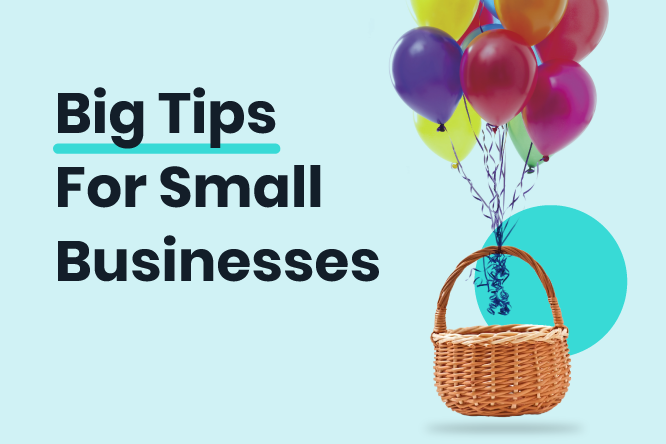
If you have a small budget and limited knowledge of digital advertising, the process of choosing the right channels to focus on can be overwhelming and intimidating. Don’t worry—we’re here to help! These digital advertising tips for small businesses will get you started on the right foot. You’ll learn where to focus your efforts, what metrics matter most, how to create cost-effective ad campaigns, and much more!
1. Start with Small Budget
The truth is that you can advertise your small business without spending a ton of money. In fact, according to a recent survey conducted by AdAge and Facebook, 80% of marketers with small budgets still do digital advertising. That’s great news for you! The best way to get started with digital advertising is to target specific audiences with ads and content. You don’t need millions of dollars or a large ad budget to reach audiences online—you just need a little research and planning. You can easily target smaller groups through paid ads on social media platforms like Twitter, Instagram, Facebook, LinkedIn, and more. Just start by asking yourself what kind of people would likely be interested in your business idea or product? Then use keywords to find them on social media channels where they are most active. For example, if you’re launching an e-commerce store selling women’s shoes, then look for popular hashtags related to women’s fashion trends and shop-specific hashtags like #ootd (outfit of the day). Also, consider using retargeting campaigns that show your ads to people who have already visited your website or viewed one of your products online. This will help ensure you’re getting as much value out of each dollar spent as possible. If you have a small budget but want to see results from digital advertising, then it’s important not only to know how much time and effort you should spend creating each piece of content but also how much it costs when someone views it.
2. Use the Right Placement
If you want your ads to get noticed by your target audience, you need to use smart placement. Think about where you can put your ads that will be likely to garner attention from those who might be looking for what you’re selling. Local publications and newspapers are great for businesses with a small budget; their low rates are affordable and their smaller readership makes it easy to get results fast. Also, don’t forget about social media – many people check their feeds every day so investing in Facebook or Instagram ads could mean better visibility. It also helps if you consider what your competitors are doing when it comes to digital advertising. Do they use an ad agency? Are they buying ads on Google? By keeping tabs on what others are doing, you can decide whether or not these strategies make sense for your business as well.
3. Pick the Right Advertising Method
If you’re running a small business, you might think that digital advertising is out of your reach. However, Google AdWords offers ad tools tailored to small businesses with low-to-medium budgets. Instead of paying per click, small businesses can opt to pay only when their ads are viewed by users—this helps ensure that your money is being spent only on ads that are actually reaching customers and driving revenue.
4. Personalize your Ads
You’ll want to make sure that your ads have a personal touch by using words and images that are related to your brand and its target audience. If you sell men’s jeans, use a photo of someone wearing them in one of your ads. It’s important to personalize not only your product, but also how you communicate with customers about it in the ad text or caption.
5. Test, Measure, and Learn
When you have a small budget, it’s important to test and measure each campaign before putting in a large effort. If you don’t know what your audience is responding to, you could quickly burn through your ad budget with little to show for it. Test different audiences and different lengths and types of copy; when something works, double down on that success. If it doesn’t work, you can quickly pivot and try something else. The most important thing is to continuously learn from your customers so that you can adjust or shut down campaigns based on customer response or lack thereof.
6. Be Consistent
Consistency is crucial to digital advertising. If you have a low budget, it may be tempting to try out new channels and strategies to save money—which is great! But remember that even if a channel doesn’t cost much upfront, you could get stuck spending time and money on strategies that don’t pan out. Keep track of your tactics and make sure they fit into your bigger marketing strategy. Consistency will help build brand awareness and make sure your name stays top-of-mind when people are ready to buy. Plus, if you invest in one tactic at a time instead of ten things all at once, it’s easier to figure out what works best for your business.





